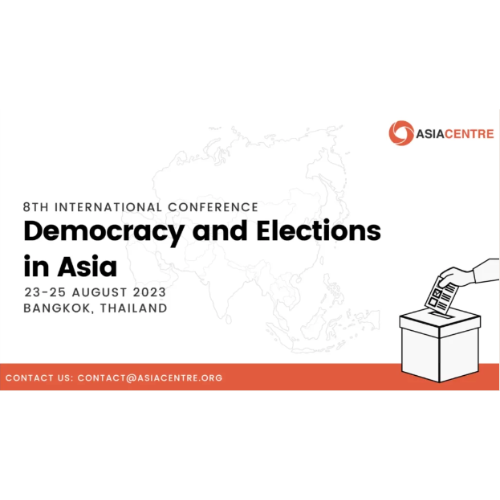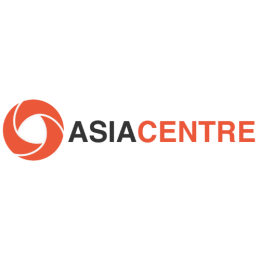Amidst the growing climate of authoritarianism throughout the world, Asia continues to grapple with various challenges related to democratisation and political change. As countries in the region get into a post-pandemic election cycle, political party laws, election advertising laws, fake news laws and laws governing political donations continue to have a problematic impact on the goal of holding free and fair elections.
2022 marks a series of elections across Asia as countries begin to open up. Elections were held or set to be held at the national (India, Japan, Nepal, Philippines, South Korea, Timor Leste and Turkmenistan), state or provincial (India, Malaysia) or communal/municipal levels (Cambodia/Thailand). In national elections held thus far (South Korea, Japan and the Philippines), with some exceptions, one sees the return or advent of authoritarian tendencies and elites with highly problematic records of governance that adversely affect the emergence or transitions to substantive democracy.
A major contributing factor to this outcome was the role of hybrid regimes maintaining dynastic control over media, election process and the country’s overall politics. Anti-democratic populist movements, using disinformation campaigns over social media also drowned out the much-needed civic participation in politics. Additionally, women candidates faced harassment over the online space and physical threats during campaigns; while opposition party members faced threats and legal repercussions on accusations of foreign interference. Fear of a military coup d’etat, regime change uprising or election annulment by partial election commissions all worked to suppress elections.
Recognizing the wide variety of questions and issues to be explored, this conference examines the relations between democracy and elections in Asian countries. Despite the plethora of elections at multiple levels, why do they often lead to illiberal outcomes? Does the new social media environment enable/facilitate such outcomes? The conference will probe whether electoral systems in the region are a force for democracy or a force for authoritarian consolidation.
Objectives
The conference aims to achieve the following objectives
- Convene researchers and advocates for free and fair elections
- Analyse laws and disinformation campaigns that influence elections outcomes
- Evaluate how elections impact the rise of authoritarianism in Asia
- Assess the future of democracy in the region
Conference Structure
The conference will consist of short remarks, keynote speeches, plenary discussions and breakout sessions made of thematic panels, region and country-specific panels.
Conference Participants
Registration is open to all presenters and participants from academic institutions, media outlets and journalist associations, businesses, national and regional civil society organisations, international NGOs, political parties, parliaments, government agencies and intergovernmental organisations to facilitate knowledge sharing and networking.
Conference Publications
Following the international conference, Asia Centre will undertake the following publishing efforts:
- Conference Proceedings
Publish a set of peer-reviewed Conference Proceedings. Guidelines for the conference proceedings can be found here. - Book Project
Asia Centre will invite selected authors and presenters (10-12) to participate in a book proposal to Palgrave Macmillan (International Edition). See Guidelines for book project here.
Style sheet guidelines for the Conference Proceedings and Book Project can be found here.
Submission Guidelines
- Paper Presentations and Speeches
Researchers and practitioners wishing to present papers or share their experiences are invited to submit a title and abstract of 300-340 words in English, together with a biographical paragraph of 100 words, here. For those submitting papers, full papers should be 5000 words.
Conference Fee
This is a self-funded conference, hence a flat, base fee of USD300 will be charged to all presenters, participants and drop-in visitors. This will go towards covering the cost of the venue, equipment and logistics, coffee breaks on all days, certificates for participants, conference communications and staff. Conference fee (USD300) does NOT cover a flight ticket, accommodation, and any other expenses related to travel advisory.


